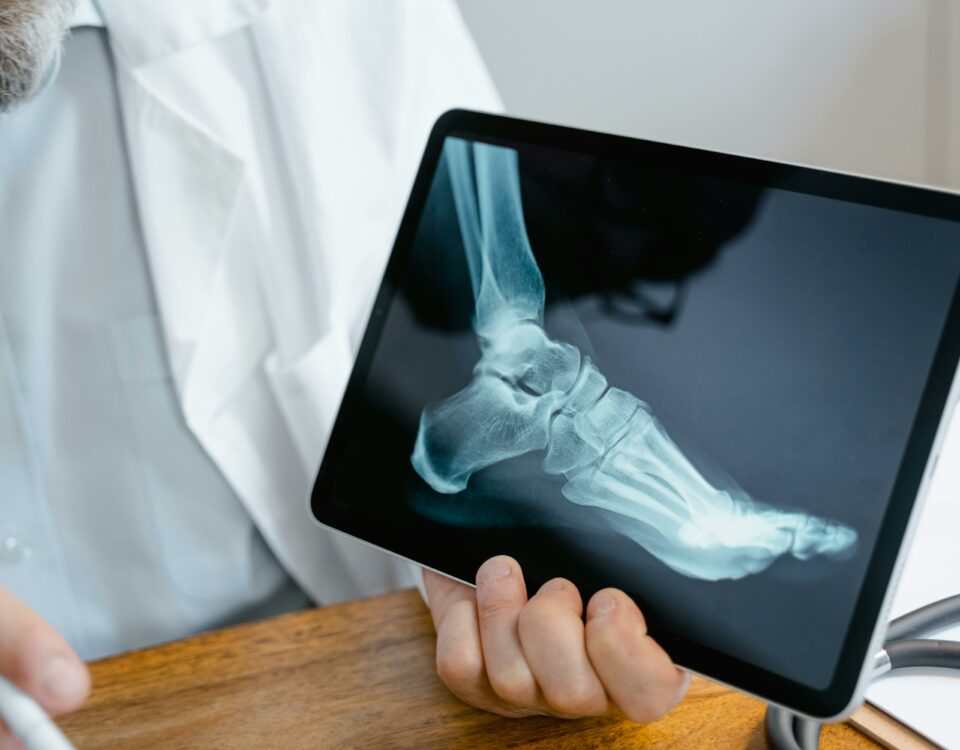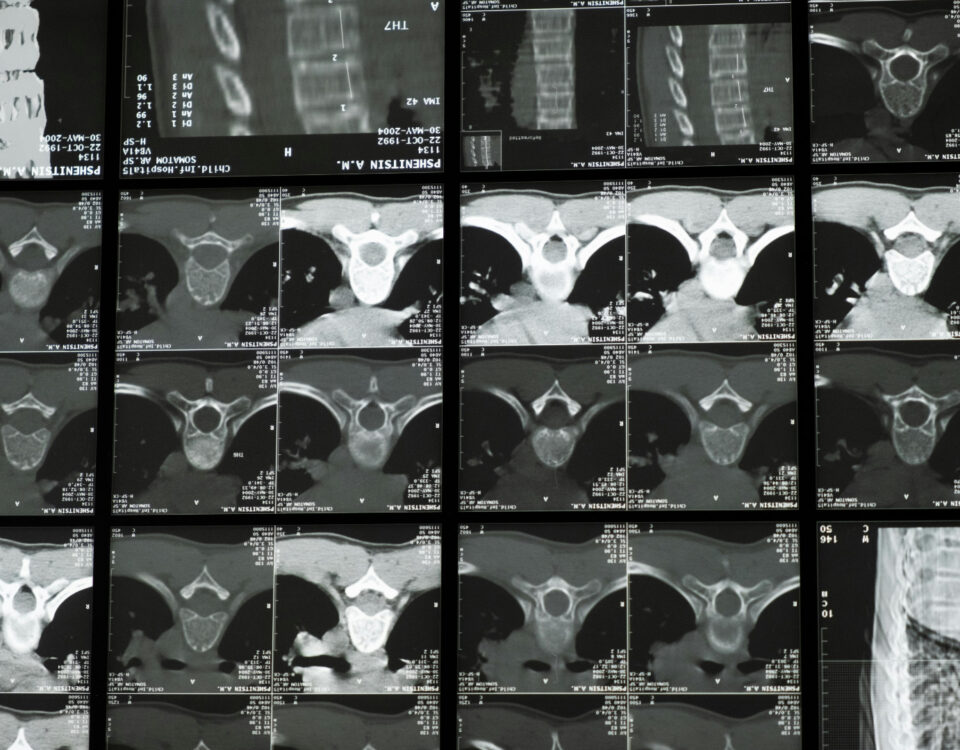Osteoporosis Screening For Post-Menopausal Women
October 15, 2010Chiropractic Is an Essential Service
November 2, 2010Increased body weight can stress joints and degrade cartilage in the lower half of the body, ultimately resulting in joint problems and osteoarthritis. Like the disc joints in the spine, cartilage in the knees and ankles also function like shock absorbers. As joints deteriorate from the constant stress of too much weight, the gradual loss of cartilage results in more shockwaves and jarring throughout the body. Obesity can then accelerate joint failure. Other complications from increased body weight and obesity include inflammation chronic pain and depression, all of which can complicate lifestyles and make for difficult treatment plans and questionable recoveries. Medication without mechanical treatment, or without an increase in activity level, is largely an ineffective approach; ultimately the patient must take the initiative and get themselves moving. Chiropractors are well poised to assist with this.
More than 60 years of research has revealed a strong association between obesity and osteoarthritis, especially in the weight bearing joints. By destroying cartilage and ligaments in the weight-bearing joints, the increased mechanical load related to obesity increases the risk of osteoarthritis. Two recent studies determined that the risk for knee osteoarthritis in patients with a body mass index of 30 kg/m2 or greater was between 4.2 and 6.8 times that of normal weight people. Both studies link knee osteoarthritis and obesity with impaired physical motion. www.acatoday.org/jaca



